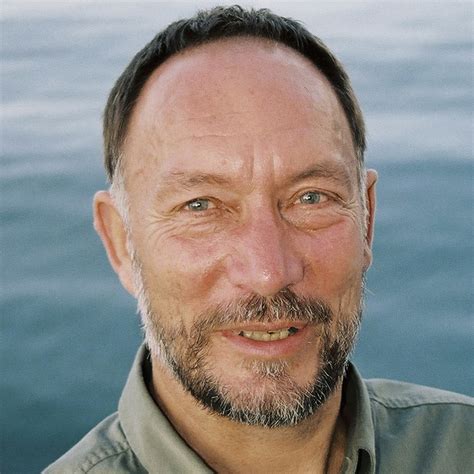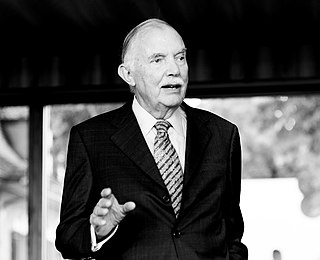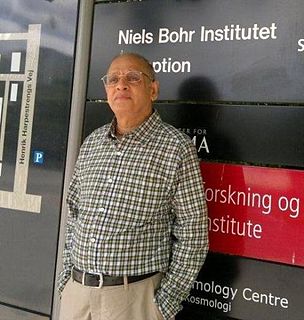A Quote by Edgar Mitchell
To bring the tools of science and to recognize that the flaw in the Cartesian Duality and to bring the tools of science to look at this question of mind and consciousness and to explore it using the tools of science â€" instead of saying, as has been the tradition for 400 years, that consciousness is not a proper subject for science to look at.
Related Quotes
The downside was that for 400 years, science has grown up, has arisen and developed as a purely materialist concept and avoided the subject of mind and consciousness, leaving it to the realm of religion. Only with the founding of quantum science in the early part of the 20th century have we realized that the Cartesian Duality is wrong, that body, mind, physicality do interact and they're interrelated.
Most 20th century academic physicists, and academia as a whole, simply did not want to touch the subject of consciousness. We have seen psychology grow up, and we've seen the development of neurophysiology and other much more sophisticated science, but only in the recent years have the tools of quantum mechanics been applied to anything representing human scale size.
There exists a mountain of circumstantial evidence that consciousness survives bodily death. This is the kind of evidence that would stand up in a court of law. Some people believe that science needs better tools to quantify what consciousness is. Perhaps when we discover what consciousness is we will be on the road to providing absolute scientific evidence that there is life after death.
Yoga is a science, and not a vague dreamy drifting or imagining. It is an applied science, a systematized collection of laws applied to bring about a definite end. It takes up the laws of psychology, applicable to the unfolding of the whole consciousness of man on every plane, in every world, and applies those rationally in a particular case. This rational application of the laws of unfolding consciousness acts exactly on the same principles that you see applied around you every day in other departments of science.
Any high school boy or girl knows how to calculate the force with which a stone he or she throws will hit someone in the face, but nothing in those equations they use will tell them whether or not to throw it...To solve the problem of values we must know what is valuable. Consciousness is the most valuable commodity...To bring values into science, we need to connect science with what is valuable consciousness.
































